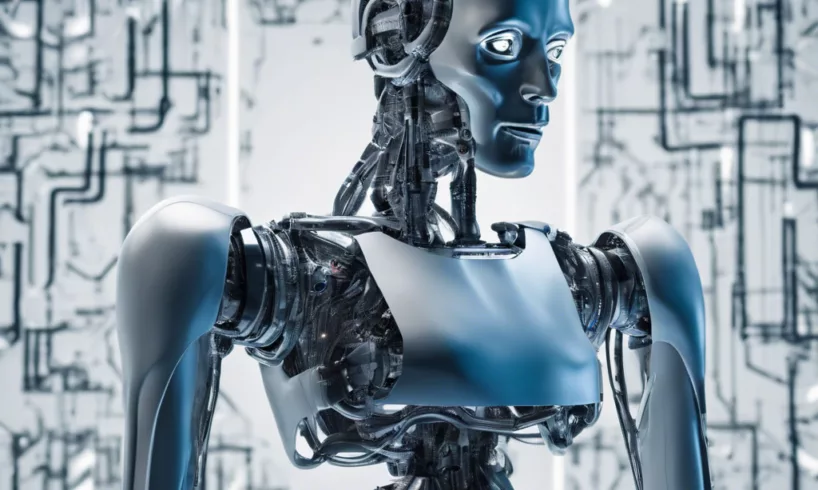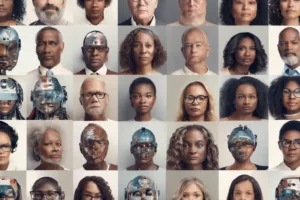
Amidst soaring popularity and profit, OpenAI faces internal strife and public scrutiny over its commitment to safety, transparency, and the public good.
OpenAI, the creator of the widely popular AI tool ChatGPT, is at the center of a fierce philosophical debate. While the company's initial mission was to develop safe and beneficial artificial general intelligence for humanity, recent events have sparked questions about its commitment to this goal and the ethical implications of its actions.
OpenAI's Evolution and Ethical Dilemmas
While financially strategic, OpenAI's transition from a non-profit to a limited liability company sparked concerns about its commitment to its initial mission. Some saw The shift as a move away from open-source transparency and towards profit-driven operations, raising questions about the potential misuse of AI technology.
The Risks of Misinformation and Misuse
The potential misuse of AI technology, particularly in the context of misinformation campaigns and disruption of democracy, has been a significant concern. OpenAI's former CEO, Sam Altman, acknowledged these risks during his testimony on Capitol Hill, emphasizing the need for government involvement to prevent misuse.
The AI Arms Race
The rapid growth and investment in OpenAI, combined with competition from companies like Microsoft and Anthropic, has led to what some call an AI arms race. This intense competition has raised further concerns about the pace of AI development and the potential for safety to be compromised.
Leadership Controversy and Employee Backlash
Recent events have further intensified the debate surrounding OpenAI. The removal of Sam Altman as CEO due to concerns about his honesty and leadership has led to a significant backlash from employees. Over 700 employees have threatened to quit, expressing their lack of confidence in the board and their commitment to the company's mission.
The Future of AI Development and Policy
The controversy at OpenAI has implications for the future of AI development and policy. The potential diffusion of talent and expertise could lead to increased competition and complexity in pursuing artificial general intelligence. Advocates for deceleration face the challenge of countering the resources, momentum, and vision of those leading the charge.
The OpenAI controversy is a stark reminder of the ethical and philosophical complexities inherent in developing and applying AI technology. As we continue to navigate this rapidly evolving field, the balance between innovation, safety, transparency, and public goodwill remains a critical consideration. The outcomes of this debate could shape the future of AI, its governance, and its role in our society.

George Smith, with over a decade in tech journalism, excels in breaking down emerging tech trends. His work, spanning tech blogs and print, combines in-depth analysis with clarity, appealing to a wide readership. George's pieces often explore technology's societal impact, showcasing his foresight in industry trends.







